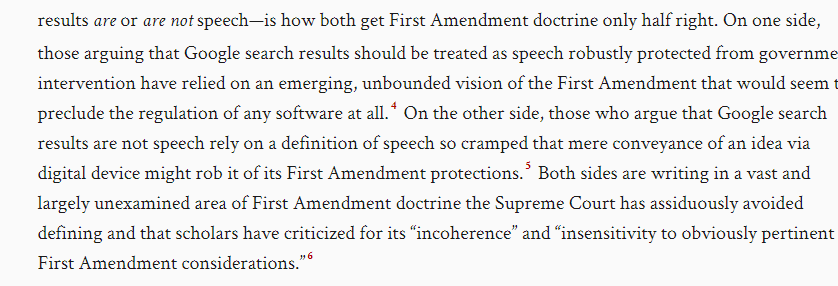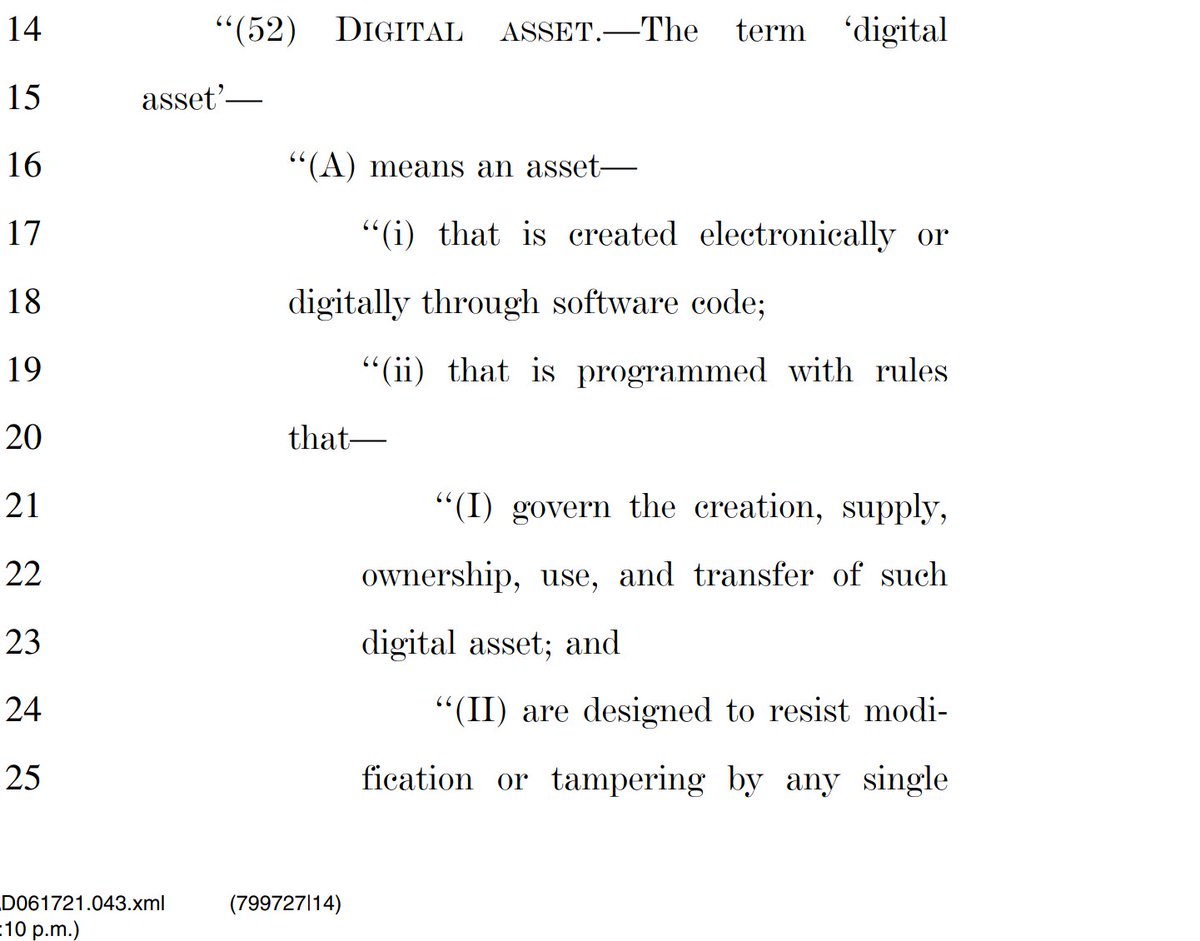
Gensler speaking at @EP_Economics on crypto:
-repeats they are very focused on "platform" (exchanging, lending), "whether centralized or decentralized"
-repeats crypto can be a "catalyst for change";
-repeats he is "technology neutral"
-repeats they are very focused on "platform" (exchanging, lending), "whether centralized or decentralized"
-repeats crypto can be a "catalyst for change";
-repeats he is "technology neutral"
-repeats that tech innovations in finance do not thrive unless brought under "public policy goals" incl. "investor protection"
-notes that DeFi platforms remove broker-dealers, therefore it is incumbent "on the platform" [?] to provide broker-dealer-style protections
-notes that DeFi platforms remove broker-dealers, therefore it is incumbent "on the platform" [?] to provide broker-dealer-style protections
-notes they are also very focused on "stablecoins"; says primary purpose of stablecoins is to 'sidestep public policy goals. . .such as AML and tax reporting'
-there's a Q&A; audience doesn't seem much interested in the crypto points, they are asking about ESG issues like developing standards defining when funds can describe themselves as "green" or "sustainable"
Question: 'you recently described cryptocurrencies as the wild west...in that context, have you come across any technologies available now that could be introduced to trading or lending platforms to provide oversight & protect consumers/investors?'
Gensler: 'Larry Lessig wrote 'code is law'. Yes, there are technologies that can help the platforms on AML and ensuring investor protection, and I will work with staff to point those out...
(cont'd) 'The combination of software and law will achieve the protection. We have to make laws that say the platforms themselves [?] have the obligations to comply with regulations [such as AML].'
I have to say it is incredibly frustrating to see someone like Gensler who actually understands the tech to lazily do so much rhetorical work by personifying the word 'platform.' With DeFi, there is no person that *is* or who owns/controls "the platform".
So, every time they say "the platform must do this" "the platform must do that"--wtf does it mean?! Implicitly, the only way of understanding these comments is an interpretation of securities market regs as being about what kind of software is allowed to be written-this won't fly
• • •
Missing some Tweet in this thread? You can try to
force a refresh







